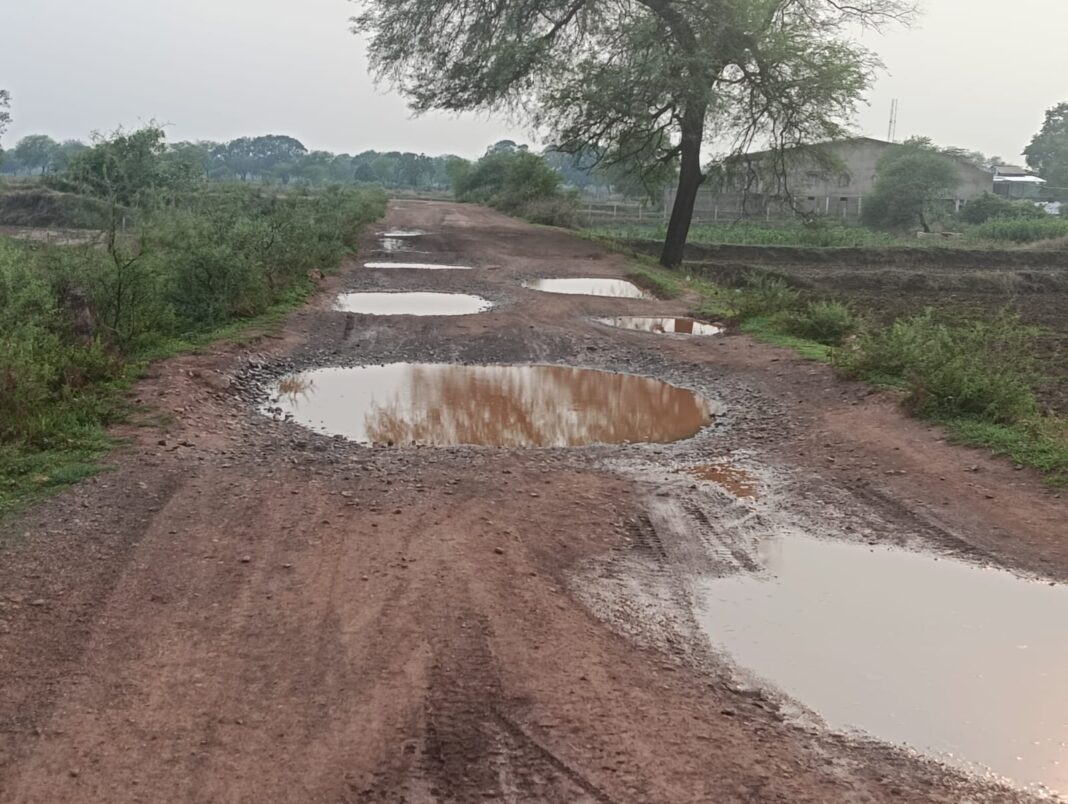Awareness Lecture Held at Govt. Kamla Devi Rathi PG College Highlights Ecological Importance and Global Threats to Biodiversity
Published on: May 31, 2025
By: BTNI
Location: Rajnandgaon, India
Marking the significance of International Biodiversity Day, a special public awareness lecture was conducted by the Geography Department of Govt. Kamla Devi Rathi Women’s PG College under the guidance of Principal Dr. Alok Mishra. The program was centered on the pressing need to preserve Earth’s rich biodiversity in light of current environmental challenges.
Delivering the keynote address, Dr. Krishna Kumar Dwivedi, Head of the Geography Department, stated that biodiversity refers to the wide variety of living organisms—both flora and fauna—that coexist within various ecosystems. A region’s ecological richness, he explained, is directly proportional to the abundance and diversity of life forms it sustains.
“Biodiversity is not just crucial for environmental balance, but also for the very existence of human civilization,” said Dr. Dwivedi. “All living organisms—from microorganisms to trees and wild animals—contribute to maintaining a stable ecological system.”
Also read- https://www.btnewsindia.com/हरनपुर-में-अवैध-मस्जिद-नि/ https://www.btnewsindia.com/राममनोहर-लोहिया-और-नेहरू/
He emphasized that biodiversity is the foundation for essentials such as food, medicine, and daily life necessities. In simple terms, human survival is intrinsically linked with biodiversity. The economic, social, and cultural aspects of human society are deeply rooted in nature’s biological variety.
Quoting global statistics, Dr. Dwivedi highlighted that around 13.92 million species are known to exist on Earth, with the possibility of double that number remaining undocumented. Areas such as tropical forests, coral reefs, wetlands, grasslands, and monsoon regions are regarded as biodiversity hotspots.
However, he warned of the severe threats posed by human activities—uncontrolled urbanization, deforestation, poaching, pollution, climate change, and the expansion of genetically modified organisms. These factors have led to the extinction of countless plant and animal species and are pushing many more toward the brink.
“The crisis of biodiversity loss is becoming increasingly severe,” he added. “It is now imperative for every individual to take responsibility. Conservation through both in-situ and ex-situ methods—such as protecting natural habitats, creating seed banks, maintaining zoos and botanical gardens—must be prioritized to safeguard future generations.”
The program concluded with a collective pledge and recitation of biodiversity conservation slogans, underscoring the urgent need for environmental responsibility.




